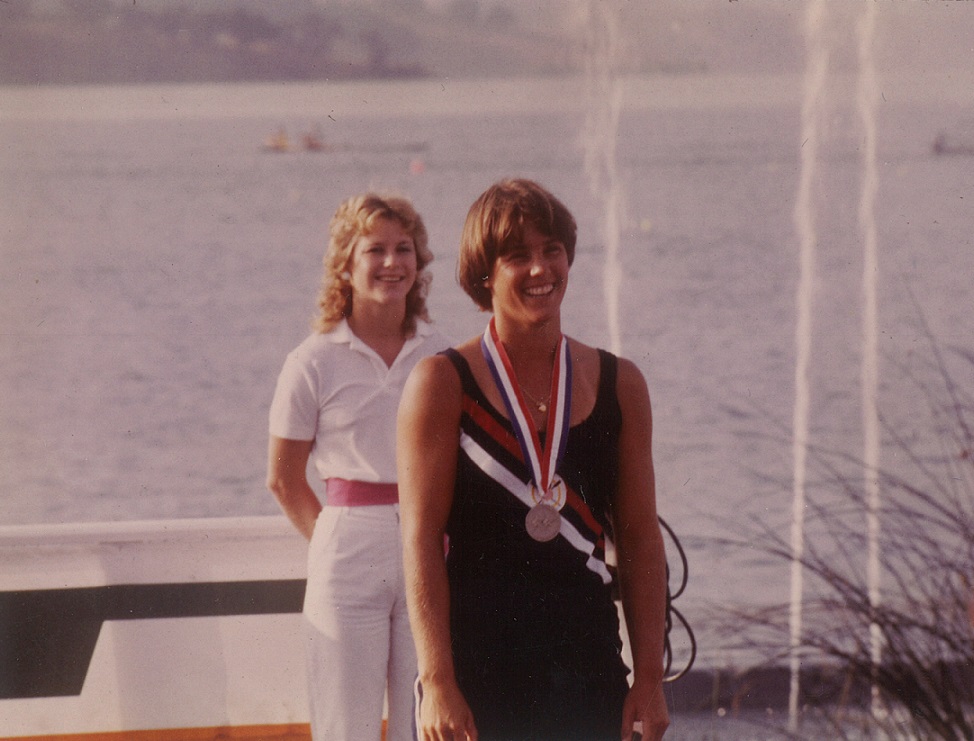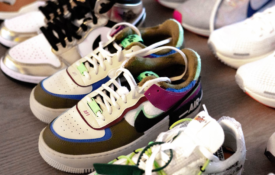I grew up in New York City on the Upper East Side. I was actually a Park Avenue girl. I started rowing as a freshman in college. I actually was not much of an athlete before then. I tried out for three national teams, in 1977, ’78, and ’79, and got cut every year. In 1979, I had graduated from college. My father, a stockbroker, said to me, “Ginny, the market is telling you something. You’re not good enough.” And my college coach reaffirmed that for me when I finally told him a couple years later that I wanted to be on the Olympic team. He told me, “You’ll never make it. You’re too small.” But I loved it so much, I decided I had to try. I just had to try for the Olympic team in 1980.
So in the fall of 1979, the Soviet Union invaded Afghanistan. And Jimmy Carter, who was the American president at that point, basically threatened them and said, “if you do not withdraw from Afghanistan, the United States and the Western world is going to boycott the 1980 Olympics,” which of course, were to be in Moscow. They ended up making a selection for all the Olympic teams. So I made the team, but we didn’t get to compete in the Olympics.
So I became a single sculler. I actually won the Head Of The Charles in the women’s single three years in a row. I had the record for over 30 years. I was single for the United States in 1983 and won a bronze medal. I made the women’s quad, which was four rowers, and we won a silver in LA. So I made it against everything… my own behavior, I managed to make it.
I got pregnant in 1985 with my first child. I figured I could have a baby and go back. Unfortunately, she died two days before she was born and it was devastating. It took me two years to get back to the point of feeling like there was a reason to go forward. And that whole experience really put a period on my racing career. For a long time, nothing seemed important; certainly racing didn’t seem important. When my daughter died, it was definitely the most painful experience of my life, so I had to learn to deal with loss and disappointment.
And of course, there’s really only one way, which is to keep going. You just take one step forward and another step forward and you just live through it. And whatever washes over you, eventually washes over, and you will make it through as long as you don’t give up on yourself.
I think the lesson that changed my life was that I was a lot tougher than I thought I was. What I say is: Pay now or pay later with interest.
Ginny Gilder is an Olympic silver medalist and Co-Owner of the Seattle Storm WNBA team. Read more of her story on TheLesson.com.













































